All Categories

Pivotal moments throughout human development shape the future of health outcomes for individuals across the identity spectrum. Women, in particular, have key moments in time where nutrition and overall well being contributes to their lifelong health depending on what happens and are instilled from an early age. Supporting the health and longevity of women starts from childhood, through adolescence, and into adulthood and beyond. As coaches supporting clients who might be working mothers, stay-at-home mothers, and caretakers, or who are facing challenges around mental health and burnout, awareness is needed to ensure that care is of the utmost importance long term.
Certain lifestyle conventions tend to support women throughout their lifecycle with regard for nutrition and movement recommendations. An overarching focus on mental well-being and mindfulness supports longevity across the decades of life as well. Diets and “temporary” methods for working on fitness goals aren’t sustainable. Within the first 7 months of a diet, more than 90% of individuals stop and start another trend. A solution is the need to sway away from diet culture and learn, instead, to embrace lifestyle changes that can stick. Research on physiological changes in women as well as the study of centenarians, provide insights into what daily habits support wellness across dimensions. Although epigenetic and chronological age are not one in the same, key traits of those that live chronologically longer indicate that health habits do make a difference. Decade-over-decade, elements of wellness that start with a solid foundation of routine can benefit women throughout their lifetimes.
Supporting women starts with understanding how daily life can impact wellness goals with a professional at their side. A focus on social interaction, nutrient-dense food intake, and intentional movement opportunities from an early age dictate habits being carried on later in life.
In the South Pacific islands, where the world’s longest-lived women reside, many secrets to longevity can be found. One such tradition is the Okinawan moai, which creates strong, supportive social networks. These networks are vital, offering financial and emotional support during tough times and providing the comforting knowledge that someone is always there for you. Okinawan children join these committed social groups as early as age five, emphasizing how crucial social bonds and community are for women to thrive at every stage of life. This sense of belonging and continuous support plays a significant role in their well-being and longevity.
Starting out life with a firm routine that includes daily movement and physical activity can set the course for the future. Women who aren’t solely involved in exercise, but who make movement a part of how they commute and get around in the world leverage positive gains for their bodily systems to function over time. Adolescence is a time of increased need for vital nutrients and minerals that support bone health and overall metabolic efficiency as well. Beginning at age 30, the body naturally starts to lose 3–5% of muscle mass per decade, so ongoing muscle development and building should continue from this age.
Life’s challenges and day-to-day chaos can cause many women to feel the brunt of impacting their wellness goals and prioritization of needs. Facing challenges with increased responsibilities and imbalances societally, women require the support of their coaches to make adjustments to their routine and find ways to prioritize their well-being above that of others they are championed with taking care of, even in a communal sense. Leveraging breaks between work schedules, movement with family as a time to “workout, and setting up solo dates or dates with friends for movement can be creative ways women shift their intentionality around how to enmesh wellness into their every day. Setting a solid purpose in life, that is not solely focused on caretaking or work, can keep the mind sharp over time and keep a client intentional about their wellbeing.
Many women can also lean on the guidance of their coaches to stay aware of what methods for muscle-building work and which can be heavily focused on trends. Examples can include glute-focused work or wanting to get “bikini” ready after having children. Instead of honing in on target areas of work, clients can benefit from overall body movement and stabilization of their core and spine-supporting muscles to combat daily life and desk sitting. Focusing on glutes isn’t necessarily bad, but articulating how this large muscle group is responsible for stabilizing the hip, core and lower back muscles can send a clearer message about functionality.
Hormonal impacts can take place heavily during this time in life, so understanding the luteal phases and how to ensure that plant-focused nutrition serves as a base for daily eating can be a way coaches guide women with food. Proper amounts of fiber (the goal being over 35 g as women cross 50) can come from mainly eating plant-based foods and building from there with whole grains and healthily sourced protein sources.
Since bone density begins to decrease around the age of 50, continuing to build solid muscle to support the skeletal system is hugely important. Coaches should be mindful to ensure their clients understand that debunking societal notions of “sweating” for efficient exercise is not the way to effectively live longer and be able to move with more function.
Cognitive decline can accelerate during this span of life, so it’s imperative to engage in daily habits that not only work the muscles but also work the mind. Proper sleep, starting from earlier than this decade, impacts overall growth and recovery in all individuals. As women age, their circadian rhythm can be impacted, so naps can be vital to securing adequate sleep time. Stimulating the mind can come in the form of reading, writing, doing word puzzles, playing board or card games, engaging in group discussions, and playing or writing music. A healthy brain is a brain that stays “in motion.”
Nutrition should be plant-focused, so coaching should revolve around a diet that a centenarian would eat. Beans are the top longevity food and a staple in all five blue zone regions. One cup of beans a day is a healthy centenarian habit, so encourage clients to stock up on chickpeas, lentils, black beans, kidney beans, soybeans, and all other beans. Clients can easily enjoy them in hummus, soups, stews, and salads to provide higher nutrient content in their diet while also upping their fiber intake over the years.
Supporting women throughout their life cycles begins with a solid understanding of the need for daily movement, plant-focused nutrition, adequate hydration, and restful sleep. Staying connected to social circles and community can ensure that women are held from the time they are girls within safe spaces that foster their growth and development from the inside out. Simple interventions and routine-building habits ensure that women and girls have a base of routine that elevates with the support of their wellness team and practitioners.
Katrina is a global educator and Certified Wellness Specialist dedicated to bridging gaps through equitable access and collaborative coaching. With over 20 years of experience, she leads diverse teams, creates support groups, and mentors future leaders. Katrina specializes in Bias Unearthing, Neurodiversity Inclusion, and Intersectional Inclusion. She holds a Master of Science in Exercise Science and Health Promotion, certificates in Diversity and Inclusion from Cornell and USF, and an Associate of Science in Graphic Design. Katrina’s mission is to foster unity through self-care and compassion, making healing a path to deeper purpose and inclusivity.
Powering the Business of Health, Fitness, and Wellness Coaching
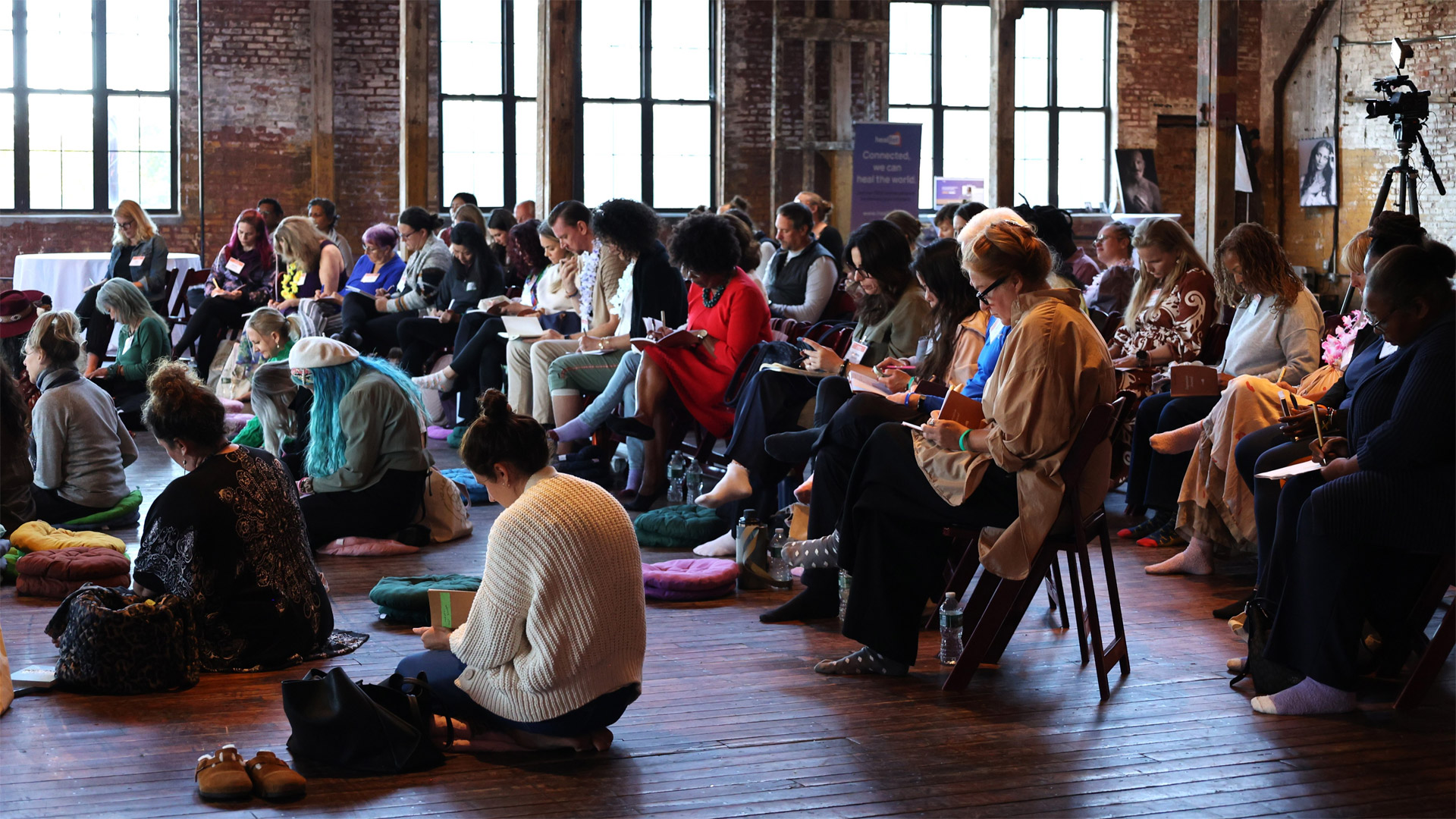
By Elisa Edelstein
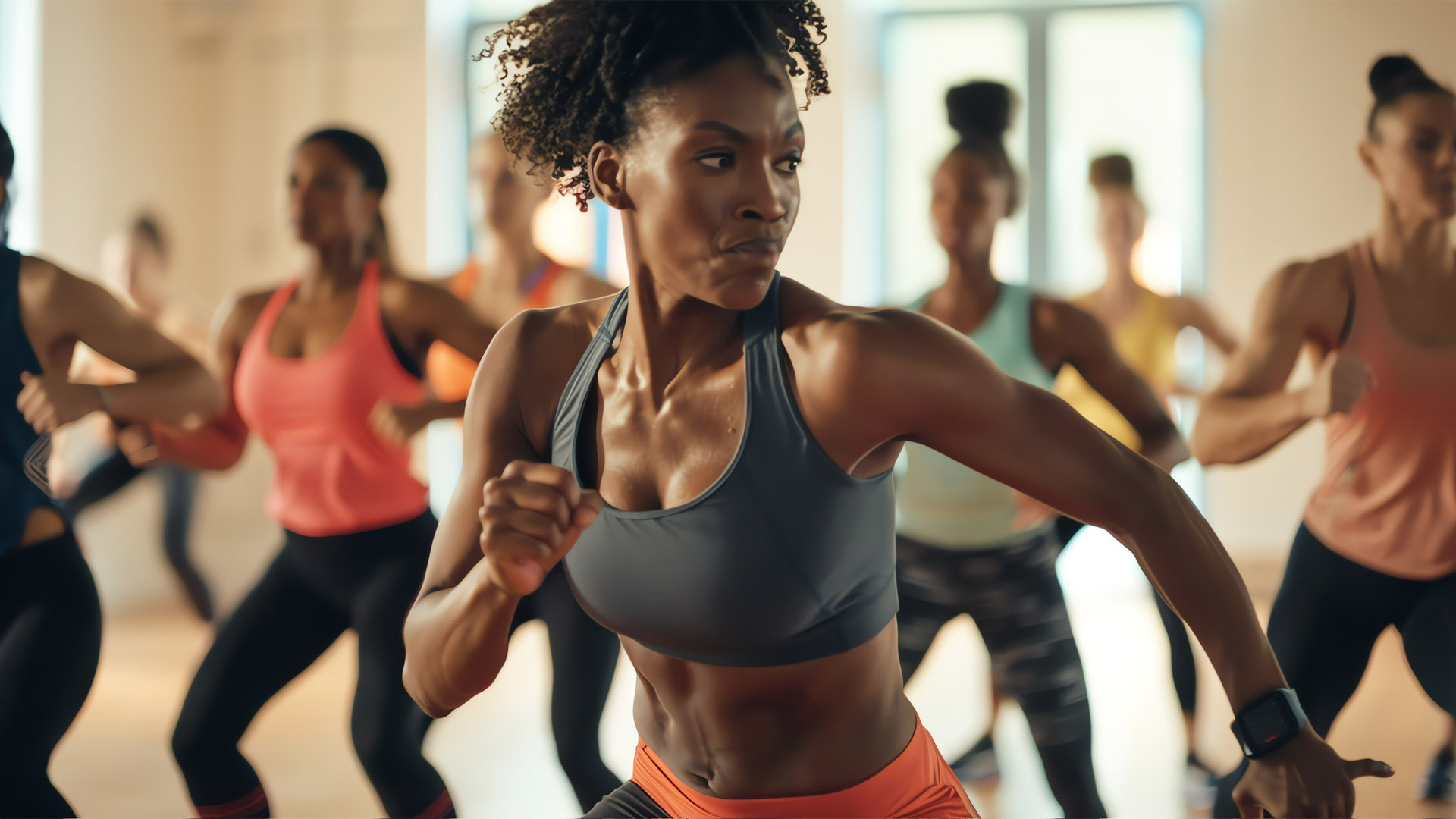
By Jessica Maurer
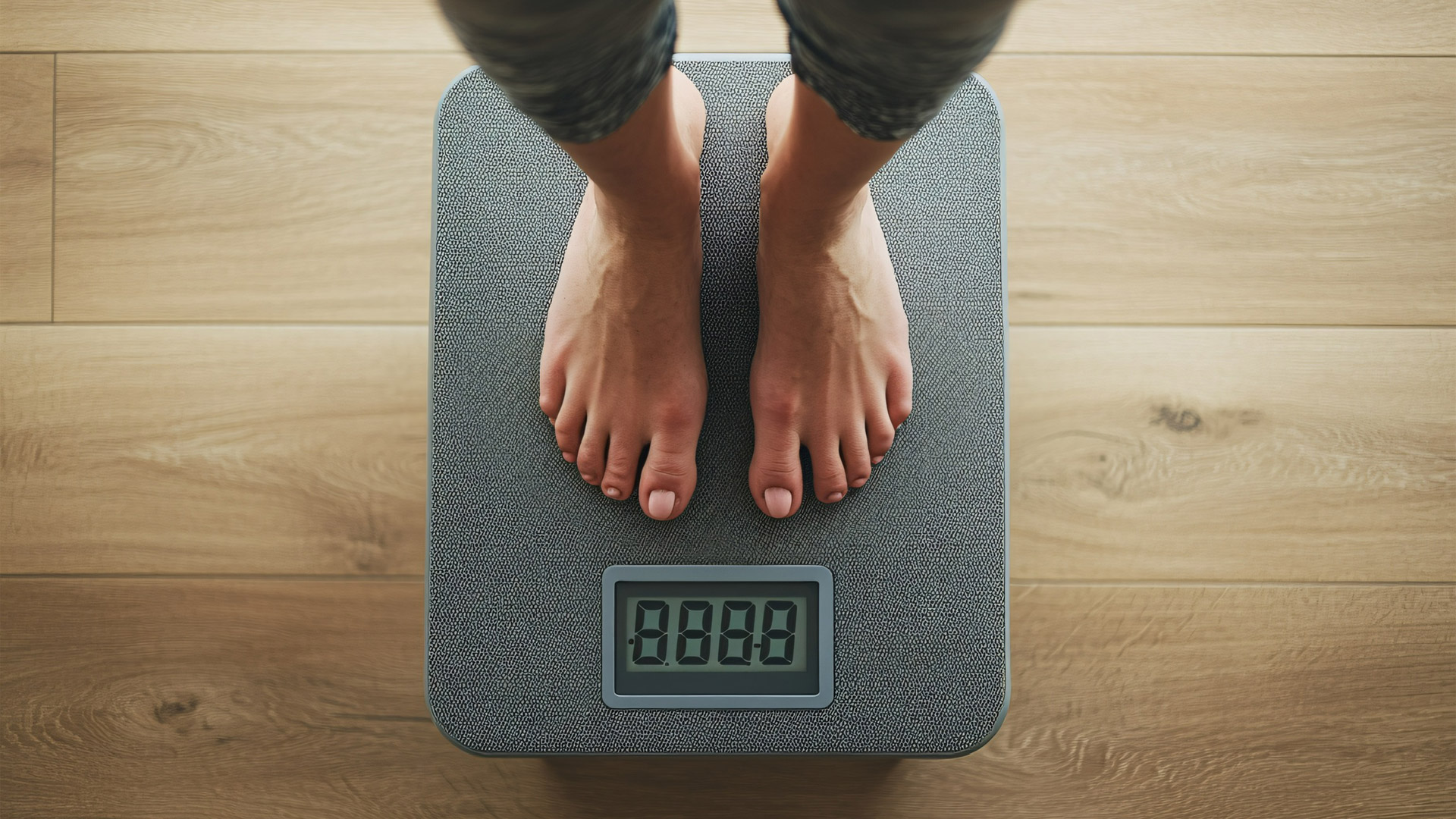
By Robert James Rivera

By Robert James Rivera
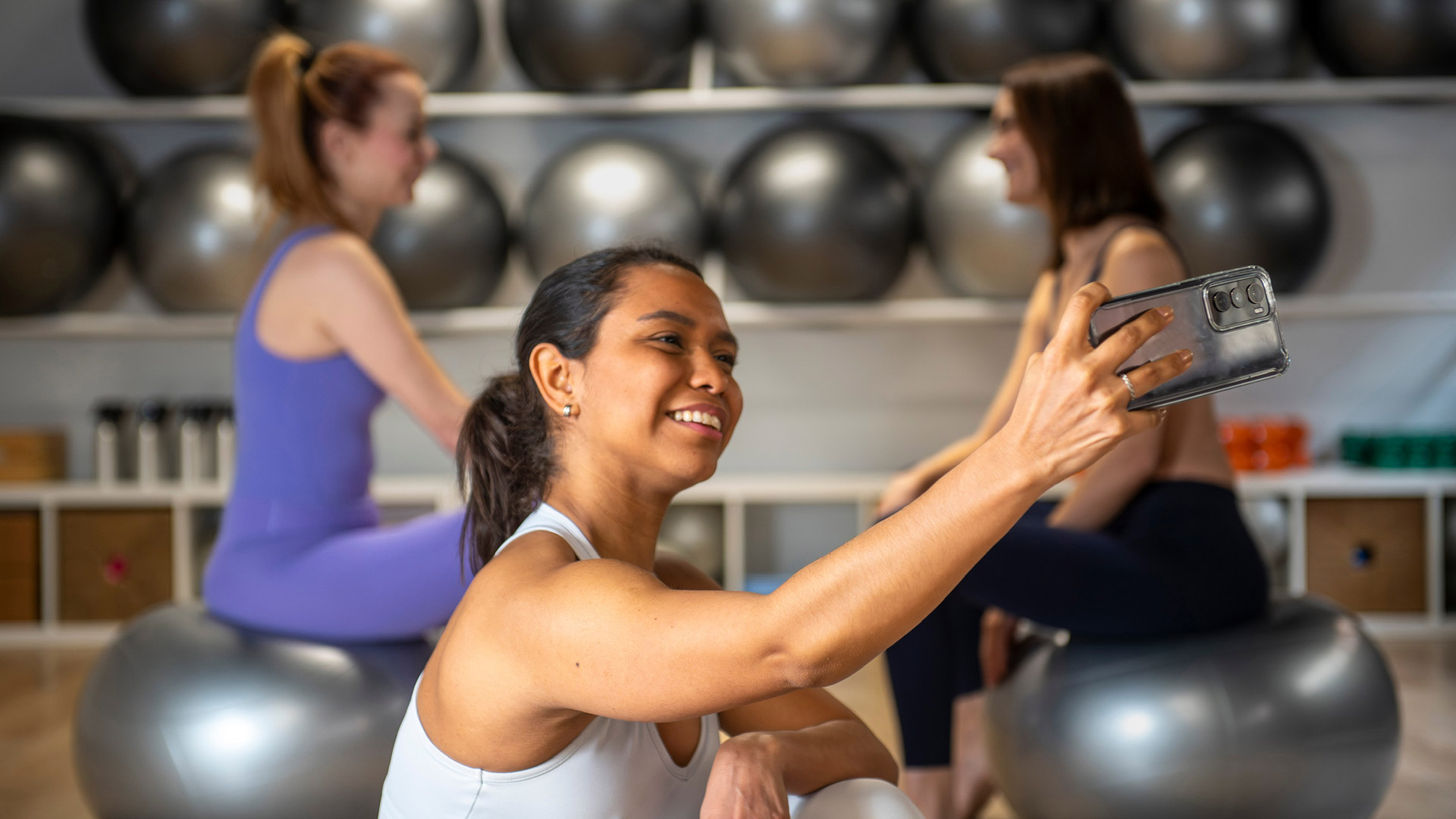
By Elisa Edelstein
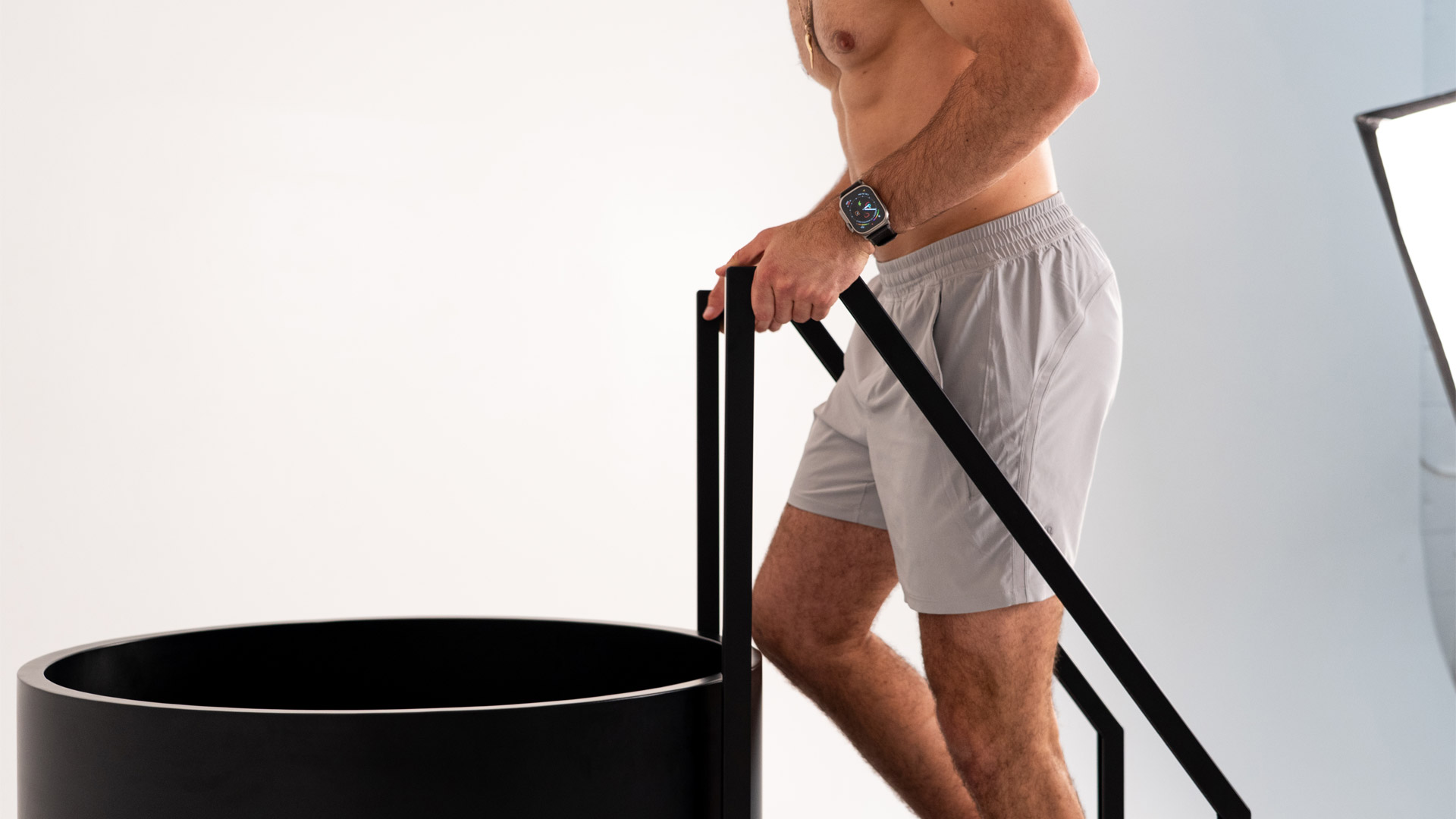
By Elisa Edelstein

Powering the Business of Health, Fitness, and Wellness Coaching
